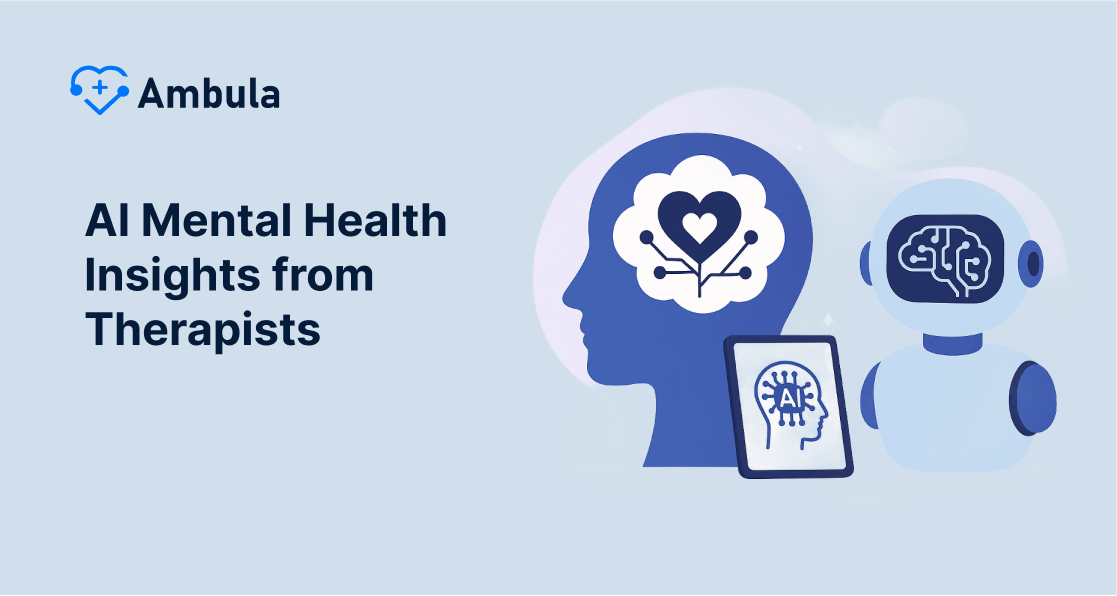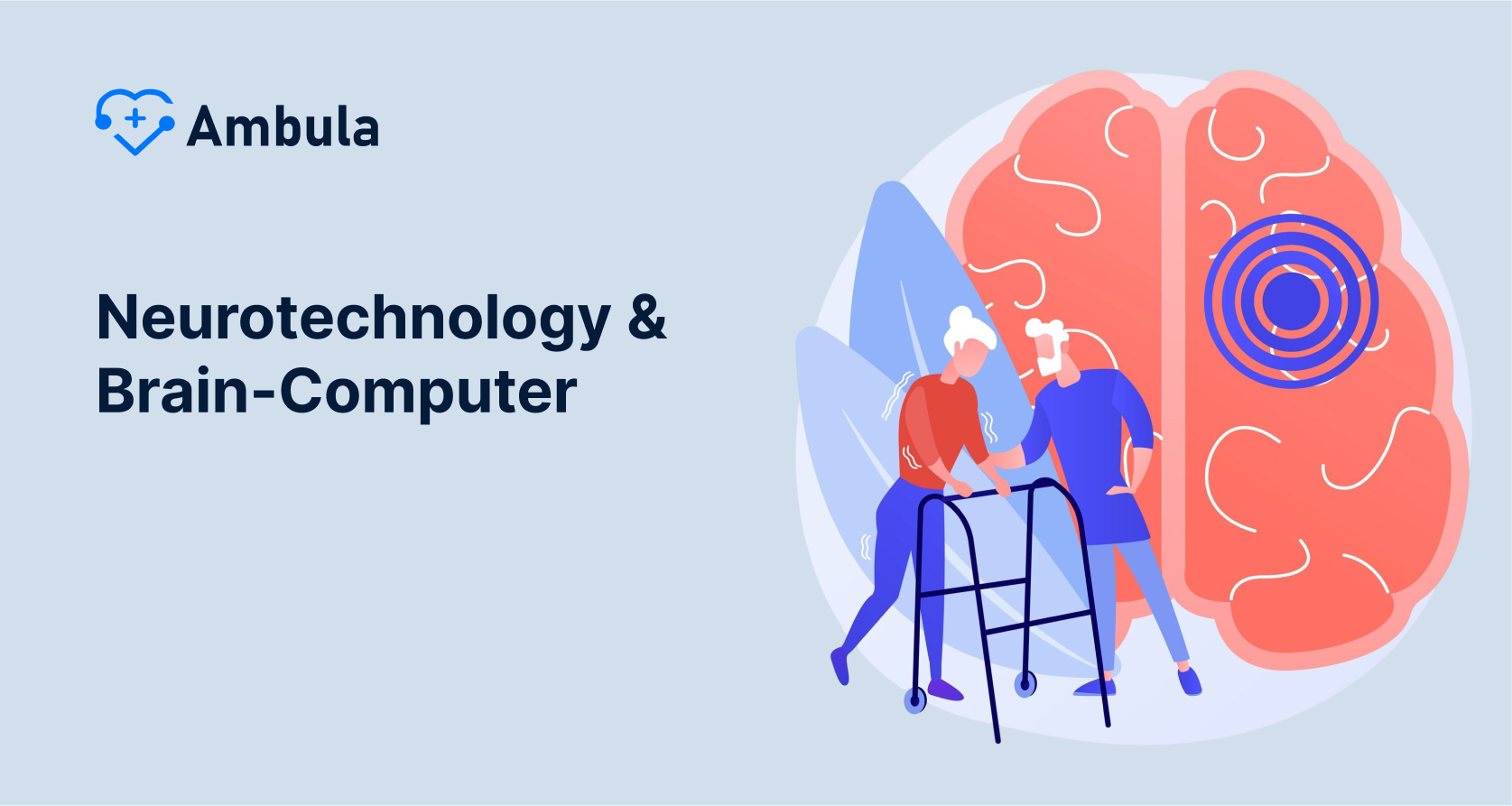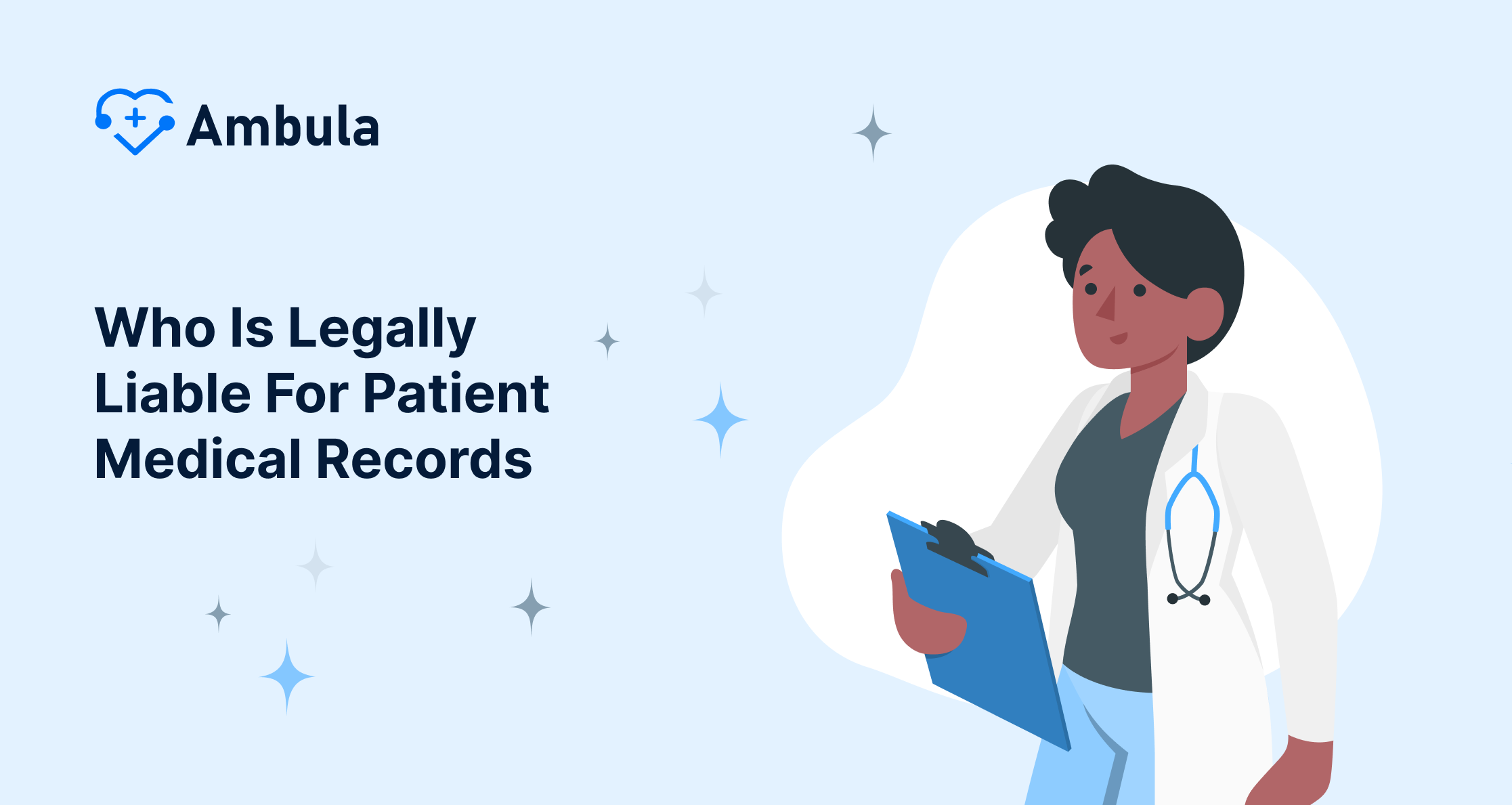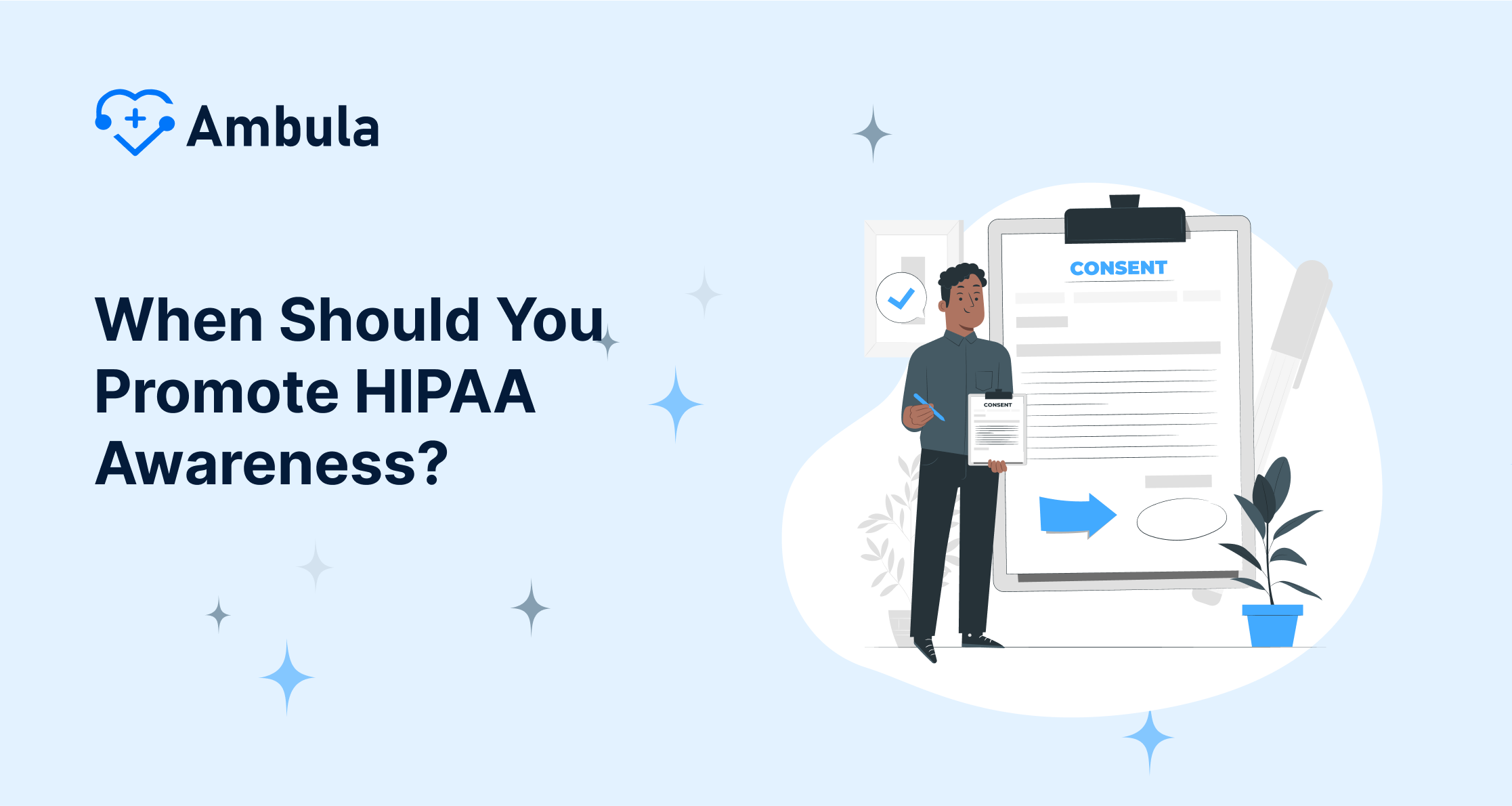No longer confined to science fiction, AI is actively transforming practices and holding immense promise for the future. Imagine a world where AI-powered assistants stand alongside doctors, their keen eyes scanning medical images with superhuman accuracy, spotting the telltale signs of disease earlier than ever before. Imagine virtual nurses tirelessly offering around-the-clock support, patiently answering questions, and remotely monitoring patients’ well-being. Or envision innovative drug discovery algorithms rapidly developing personalized medications tailored to individual needs, ushering in a new era of precision medicine.
AI’s Potential in Healthcare
AI is poised to become a transformative force in healthcare, wielding its superpowers across three key areas: automation, data analysis, and diagnosis support.
Imagine robots that tirelessly handle paperwork, freeing doctors and nurses to focus on complex patient interactions. Say goodbye to endless forms and hello to streamlined processes, thanks to AI’s ability to tackle repetitive, rule-based tasks. This efficiency boost extends beyond administrative duties, even minimizing human error in medication administration and data entry, critical areas where the slightest mistake can have significant consequences. In remote areas with limited healthcare access, AI-powered chatbots can offer basic health information and schedule appointments, bringing care closer to those who need it most.
But AI’s true magic lies in its ability to unravel the secrets hidden within mountains of medical data. It can analyze patient records, imaging scans, and even genetic information, identifying patterns that human eyes might miss. This opens doors to personalized medicine, where treatments are tailored to individual needs, not one-size-fits-all approaches. Early disease detection becomes a reality as AI algorithms scan data, spotting illnesses in their earliest stages when intervention is most effective. The power of prediction also comes into play, allowing AI to assess a patient’s risk of developing certain diseases, paving the way for preventative measures and targeted interventions.
Limitations of AI in healthcare
While AI has emerged as a powerful force in healthcare, it isn’t designed to be a human replica. While its data-driven prowess and rule-following skills are impressive, they fall short in areas uniquely human: empathy, critical thinking, and ethical judgment.
Imagine a patient grappling with a difficult diagnosis. AI, for all its analytical might, cannot truly understand the fear and pain clouding their eyes. It can analyze scans and suggest treatment options, but the comforting hand on the shoulder and genuine understanding in a shared tear are beyond its reach.
Similarly, healthcare isn’t about following a rigid script. Unexpected situations, rare diseases, and ethical quandaries demand flexible thinking and creative problem-solving – skills AI hasn’t mastered. A doctor with a unique case needs to adapt, improvise, and ultimately make a judgment call based on incomplete information – something AI’s rule-based systems struggle with.
Ethical considerations pose another hurdle. Trained on existing datasets, AI can inherit societal biases, leading to potentially discriminatory healthcare access and treatment decisions. Allocating resources or navigating end-of-life choices involves complex moral nuances beyond programmed rules. AI, lacking an understanding of ethical frameworks and the ability to navigate gray areas, simply isn’t equipped for such challenges.
The future of the healthcare workforce
As AI marches into healthcare, its impact on jobs paints a complex picture. While some roles face potential automation, it’s important to remember that AI isn’t here to replace the human touch; it’s reshaping the landscape, creating new opportunities alongside potential displacements.
Jobs like medical transcription, coding, and data entry might feel the heat first, potentially impacting administrative assistants, specialists, and technicians. Radiologists and pathologists involved in routine image analysis may also see changes as AI’s analytical abilities mature.
But fear not, the healthcare workforce isn’t shrinking – it’s evolving. New roles like data scientists, AI developers, and ethicists will emerge to build, maintain, and ensure responsible implementation of these powerful tools. Experts who bridge the gap between AI and healthcare, translating clinical needs and interpreting AI outputs, will be invaluable. Data security and privacy specialists will also be crucial in this age of sensitive patient information.
While some jobs may shift, the overall impact on employment is projected to be neutral or even positive. However, adaptation is key. Upskilling and reskilling initiatives must equip healthcare professionals with the tools they need to thrive. Data literacy, critical thinking, and strong communication skills will be essential for working with AI and collaborating with colleagues and patients.
In the burgeoning landscape of AI-powered healthcare, where robots analyze scans and algorithms suggest diagnoses, one fundamental element remains irreplaceable: patient trust. As powerful as AI may be, its success hinges on the delicate trust between patients and the healthcare system.
Why is trust crucial?
- Informed Consent: Sharing personal health data with AI systems necessitates informed consent. Patients need to understand how AI uses, protects, and interprets their data, fostering trust and transparency.
- Acceptance of AI-assisted interventions: If patients lack trust in AI, they may be hesitant to accept diagnoses, treatment recommendations, or even interact with AI-powered assistants. This can hinder the success of AI implementation and ultimately harm patient outcomes.
- Open communication and shared decision-making: AI may provide valuable insights but shouldn’t replace open communication between patients and healthcare professionals. Trust allows patients to ask questions, express concerns, and participate in shared decision-making, even when AI is involved.
Ethical guidelines: The cornerstone of trust
Building trust requires robust ethical guidelines to ensure:
- Data privacy and security: Patient data is highly sensitive, and its protection is paramount. Ethical guidelines must address data anonymization, access control, and potential biases in data collection and algorithms.
- Transparency and explainability: Patients deserve to understand how AI works and how it influences their care. Explainable AI solutions and communication from healthcare professionals are crucial for building trust.
- Fairness and non-discrimination: AI algorithms should be unbiased and treat all patients fairly, regardless of race, ethnicity, socioeconomic status, or other factors. Ethical guidelines must address potential biases and ensure equitable access to AI-powered healthcare.
- Human oversight and accountability: AI should not operate in a vacuum. Human oversight and accountability are essential to ensure ethical decision-making, address potential errors, and maintain patient safety.




